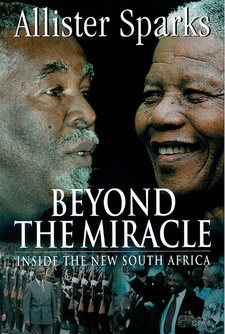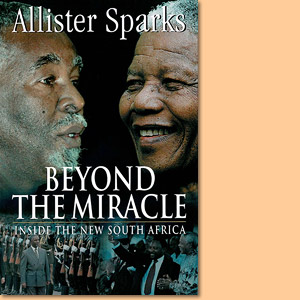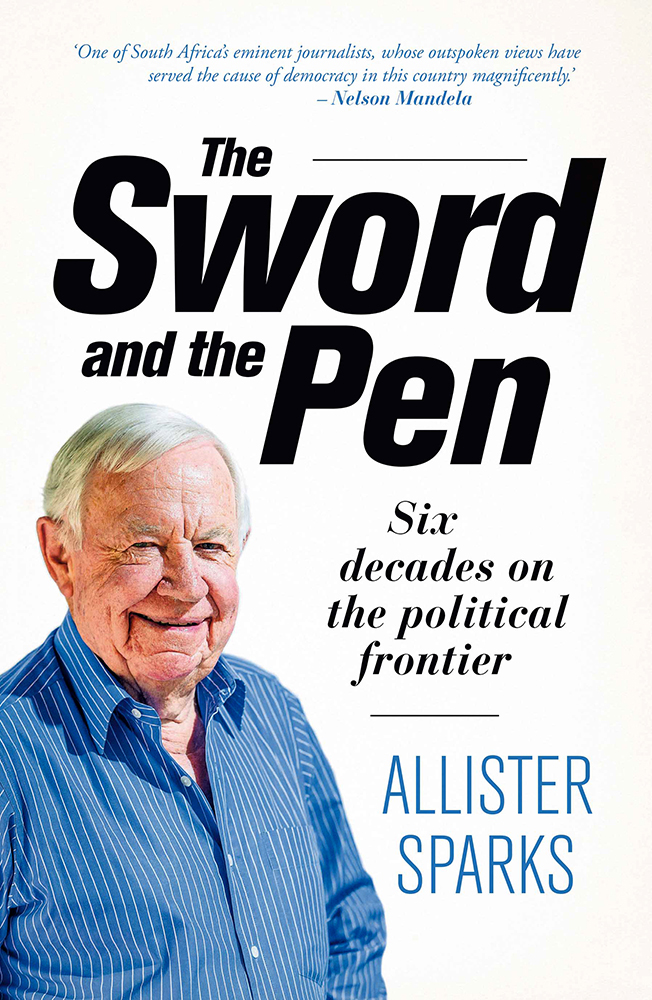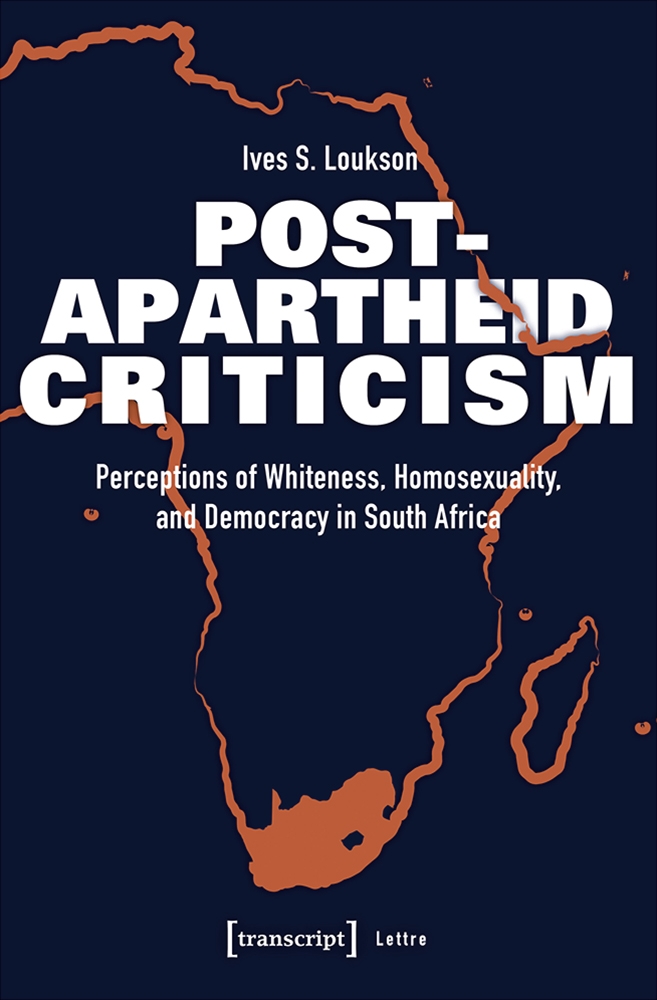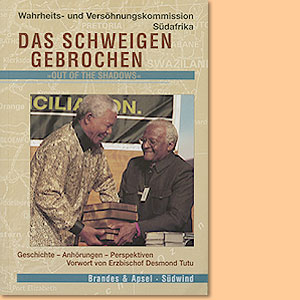Beyond the miracle: Inside the new South Africa, by Allister Sparks
This extract is from the introduction of Allister Sparks to his book Beyond the miracle: Inside the new South Africa.
This book completes a trilogy on the thunderous history of my country, South Africa, as I have observed it as a journalist over the past 52 years. The first of the books, The Mind of South Africa, attempted to present a sweeping historical study of a complex country whose different races had been in conflict for three-and-a-half centuries, and of how those conflicts had culminated in first the rise and then the crisis of apartheid. The second book, Tomorrow is Another Country, recounted the events that led to that crisis being resolved through a remarkable series of secret negotiations that culminated in the abandonment of apartheid and an attempt, instead, to build a nonracial democracy in which all these different peoples who have been in conflict for so long resolved to attempt what many thought the impossible - to bury their historical enmities and forge themselves into a single, united nation, a nonracial democracy. Some called that astonishing negotiated revolution, carried out by South Africans themselves without outside mediators, a miracle, so improbable had it seemed. Now comes the third book, an assessment of what has taken place since the miracle of that transformation; an assessment in other words of the status of Nelson Mandela's dream of building a single nation of many races and colours, languages and religions.
The three emerge as separate phases in an ongoing saga of racial oppression, confrontation and transformation, each written in the midst of the events themselves. So they are not retrospective histories in the classical sense, written with the wisdom of hindsight. They are works of journalism, written from the front line, as it were, as the events were unfolding. Yet hopefully they hold together as a continuous story of contemporaneous history. It is, I believe, an important story of conflict resolution in a shrinking world riven by racial, ethnic and cultural differences which some fear may be headed for a war between civilizations. A story not only of the ending of the most systematic programme of racial segregation and oppression that the modern world has seen, but also of the peaceful resolution of a conflict over national sovereignty.
At a time when the world is witnessing such bitter conflict between Israelis and Palestinians over their rival claims to the same patch of earth in the Middle East, and when Catholics and Protestants are doing the same in Northern Ireland, white Afrikaners and black Africans have resolved their similar conflict through peaceful negotiation and a merging of national identities here at the southern tip of the world's most impoverished and derided continent. It is also, of course, an unfinished story. To that extent I am a little uneasy about the use of the word "miracle" to describe the South African transformation, for a miracle implies a single amazing event due to some supernatural agency. It also implies an event that is complete. The change that has taken place in South Africa is neither.
It was brought about not by some Damascus Road revelation but by ordinary, fallible human beings who ultimately recognized that they had been cast together by forces of history that could not be undone and that in the final analysis they were dependent on one another to a degree where they could either live together or perish together, and who then followed the painful and difficult logic of that recognition. And the change is certainly not complete. There is still a long road to travel, much reconstruction to be undertaken to bring about economic as well as political justice and much soul-searching in the quest for cross-cultural bonding and a coherent national identity.
Nonetheless, I have used the "miracle" word in this title because it captures the essense of what a marvellous event that transformation was, what an unexpected triumph of the spirit on the part of a people who had become the pariahs of the world. In that sense a greater event, surely, than any economic miracle. In doing so I am indebted to Professor Ben Turok, an ANG Member of Parliament, who first suggested the title to me and used it himself for a valuable reader on the economy which he published in 1999. [...]
This is an extract from the book: Beyond the miracle: Inside the new South Africa, by Allister Sparks.
Book title: Beyond the miracle
Subtitle: Inside the new South Africa
Author: Allister Sparks
Publisher: Jonathan Ball
Cape Town, South Africa 2005
ISBN 1868421503
Softcover, 15x23 cm, 370 pages, several b/w photos
Sparks, Allister im Namibiana-Buchangebot
Beyond the miracle: Inside the new South Africa
Behind the mircale is a competent and skilful study that opens up a perspective inside the structures of the new South Africa.
The sword and the pen: Six decades on the political frontier
The Sword and the Pen: Six decades on the political frontie is an excellent book about an extraordinary life in extraordinary times.
First Drafts: South African History in the Making
First Drafts: South African History in the Making takes the reader on a journey through the tumultuous years of the past decade.
Weitere Buchempfehlungen
Post-Apartheid Criticism. Perceptions of Whiteness, Homosexuality, and Democracy in South Africa
Post-Apartheid Criticism. Perceptions of Whiteness, Homosexuality, and Democracy in South Africa seeks to examine the contribution of post-apartheid narrative.

